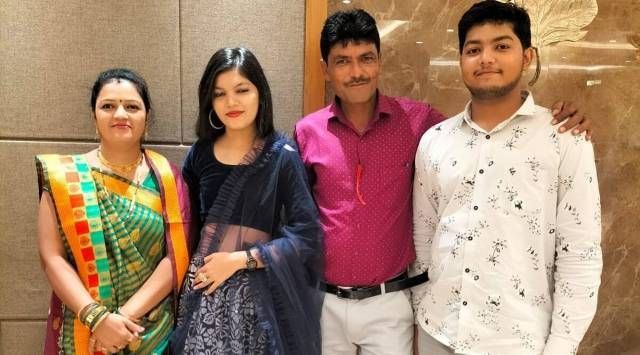Updated on: 10th MAY 2023 02:37 PM IST | Mumbai
S S NADAR | news@debotimes.in
The court also said that mere allegations in the suicide note would not be sufficient to conclude that Khatri abetted Solanki's death by suicide.
There is nothing to show that IIT-Bombay student Arman Khatri had harassed fellow student Darshan Solanki on the ground of caste discrimination or instigated him to die by suicide, a special court said in its detailed order granting bail to Khatri.
The detailed order was made available on Wednesday. Khatri, 18, was arrested on April 9 and granted bail on May 6.
The court also said that mere allegations in the suicide note would not be sufficient to conclude that Khatri abetted Solanki’s death by suicide.
“So far as the harassment to the deceased (Solanki) on the caste discrimination ground, there is nothing on record to show that the applicant/accused (Khatri) was harassing the deceased on the ground of caste discrimination. Except for the one incident of showing the paper cutter to the deceased Darshan by the applicant, there is nothing on record to show that the applicant/accused instigated the deceased Darshan to commit suicide,” Special Judge A P Kanade said in his order.
On February 12, Solanki, 18, had allegedly jumped off the eighth floor of his hostel building on the IIT Bombay campus in Powai. The Special Investigation Team (SIT) formed to probe the death claimed that Solanki had allegedly made a communal remark in a conversation with Khatri. The police claimed that Khatri threatened Solanki over it with a paper cutter. The SIT had said that a note was found in Solanki’s hostel room on March 3, nearly three weeks after his death, where he had written, “Arman has killed me.”
On the basis of these incidents, the SIT arrested Khatri on charges including those under Section 306 (abetment of suicide) and Section 506 (2) (criminal intimidation) of the Indian Penal Code (IPC). Khatri was also been booked under relevant sections of the Scheduled Castes and Scheduled Tribes (Prevention of Atrocities) Act.
“Mere allegations in the suicide note that the applicant is responsible for his death would not be sufficient to come to the conclusion that the applicant has committed the said offence of abetment,” the court said.
Khatri’s lawyer, Dinesh Gupta, had submitted that there is no evidence to show that he had discriminated against Solanki on the basis of his caste or instigated him to die by suicide. Gupta had also submitted that Khatri was a student and his exams were ongoing. The court agreed with the contention and said there was no justified ground to order Khatri’s further detention.
Solanki’s family, including his father, Ramesh, had sought a probe into the death claiming their son had faced caste-based discrimination at the institute. He had said Solanki was harassed and impacted by the discrimination. In a letter written to the SIT in April, Ramesh had said it was concerning that the police had ruled out caste
discrimination on finding a handwritten note naming one student.
As he is the complainant in the case, the SIT had issued notices to Ramesh to respond to Khatri’s bail plea but he had not appeared before the court.
IIT Bombay student suicide case: Nothing on record to show accused harassed Darshan Solanki over caste, says court
Author: S S Nadar | Editor